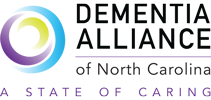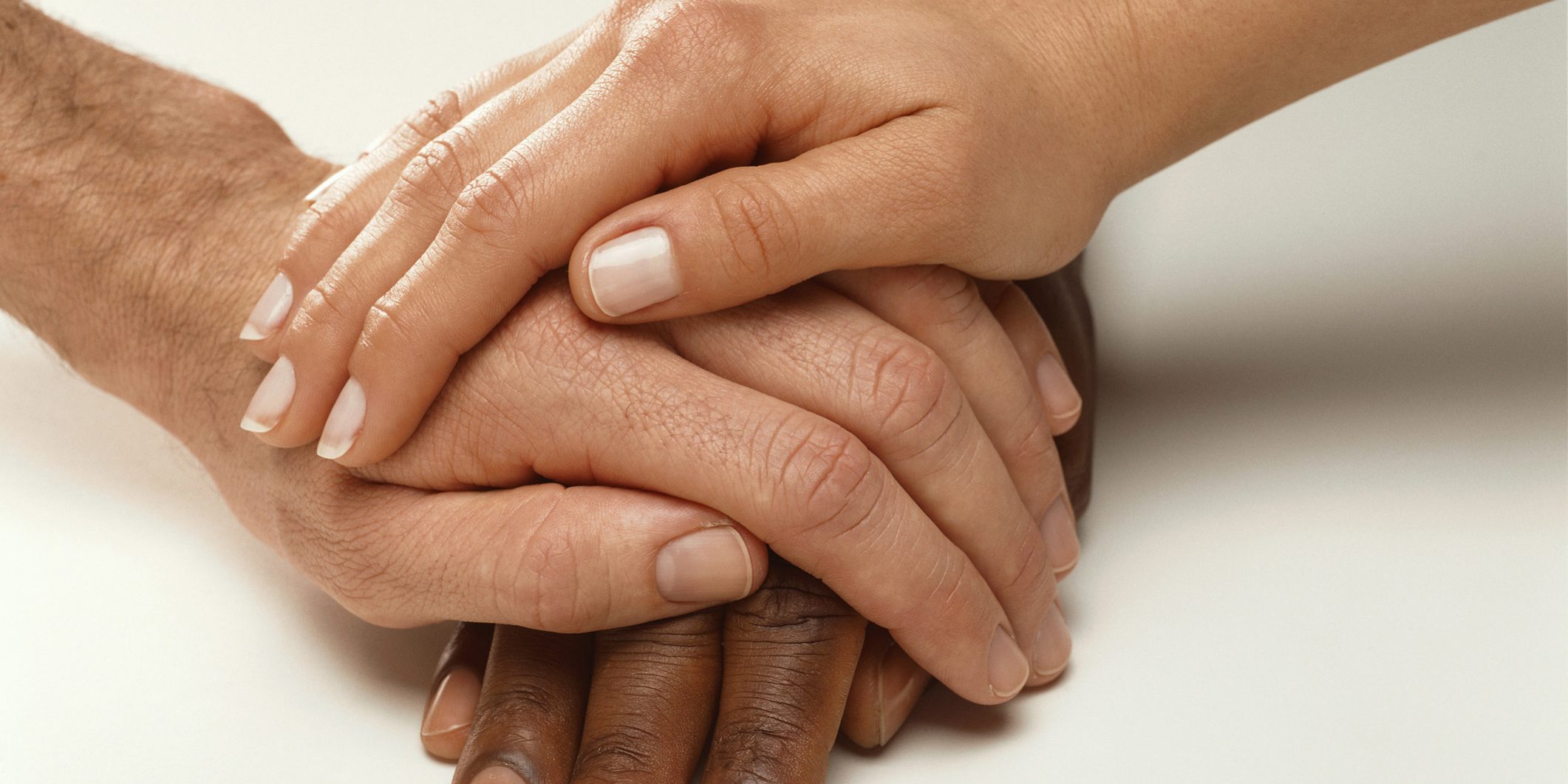by Latorius Adams, MHS
 Caregiving is a universal occupation and at some point in our lives, we all hold this unpaid position. In small dosage it is manageable, however, juggling competing caregiving demands with the demands of your own life on a daily basis can be quite a challenge.
Caregiving is a universal occupation and at some point in our lives, we all hold this unpaid position. In small dosage it is manageable, however, juggling competing caregiving demands with the demands of your own life on a daily basis can be quite a challenge.
Caring for a person with a debilitating illness such as Alzheimer’s or another dementia is even more challenging. Caregivers devote a large amount of time, energy, focus, and financial resources to assisting their loved ones. Also, despite many common experiences, caregivers’ roles are highly variable. The diversity of families, the timing of entry into the caregiving role, the duration of the role in relation to the overall life course of the caregiver, and transitions in care experienced over time all shape the nature of caregiving. In populations where the care recipients become increasingly impaired over time, such as dementia, the caregiving role expands accordingly.
Caregiving ranges from assistance with daily activities and providing direct care to navigating complex health care and social services systems. The caregiving role can include assistance with household and self-care tasks, mobility, provision of emotional and social support; health and medical care, and advocacy and care coordination. These many demands are taking a toll on those on the front lines of supporting older adults. Substantial evidence indicates caregivers of older adults have higher rates of depression, anxiety, stress, and emotional difficulties. Evidence also suggests caregivers have lower self-ratings of physical health, elevated levels of stress hormones, higher rates of chronic disease, and impaired health behaviors.
Because of the multi-faceted role family and informal caregivers play, they need a range of support services to remain healthy and improve their caregiving role. Support services may include information, assistance, counseling, respite, home modifications or assistive devices, caregiver and family counseling, and support groups. Many services are available through local government agencies, service organizations, or faith-based organizations. Employers’ programs can also mitigate the impact that caregiving has on workers.
Support groups bring together people who are going through or have gone through similar experiences. The common experience among members of a support group often means they have similar feelings, worries, everyday problems, and experiences. Participating in a group provides you with an opportunity to be with people who are likely to have a common purpose and are likely to understand one another. As one support group member shared, “When I’m at a meeting, it’s the only time I feel like I’m in the real world – because everyone in the room knows exactly what my life is like.”
Benefits of participating in a support group may include:
• Feeling less lonely, isolated or judged
• Reducing distress, depression, anxiety or fatigue
• Talking openly and honestly about your feelings
• Improving skills to cope with challenges
• Staying motivated to manage chronic conditions or stick to treatment plans
• Gaining a sense of empowerment, control or hope
• Improving understanding of a disease and your own experience with it
• Getting practical feedback about treatment options
• Learning about health, economic or social resources
All North Carolina counties offer a Family Caregiver Support Program. This program was established nationally in November 2000 under the Older Americans Act of 1965, to help support family members caring for an aging loved one. While each county is a bit different, the Harnett County Family Caregiver Support Program provides information about available services, assistance gaining access to services, caregiver trainings, respite care, and supplemental services.
For more information about the Harnett County Family Caregiver Program and its resources, contact Latorius Adams, Family Caregiver Support Program Coordinator at (910) 814-6075 or visit the Division on Aging website at www.harnett.org/aging.
And reach out to Dementia Alliance for information about resources and support groups in your North Carolina county.
Latorius Adams, MHS
Family Caregiver Support Program Specialist / Medicare Counselor
Harnett County Family Caregiver Program


